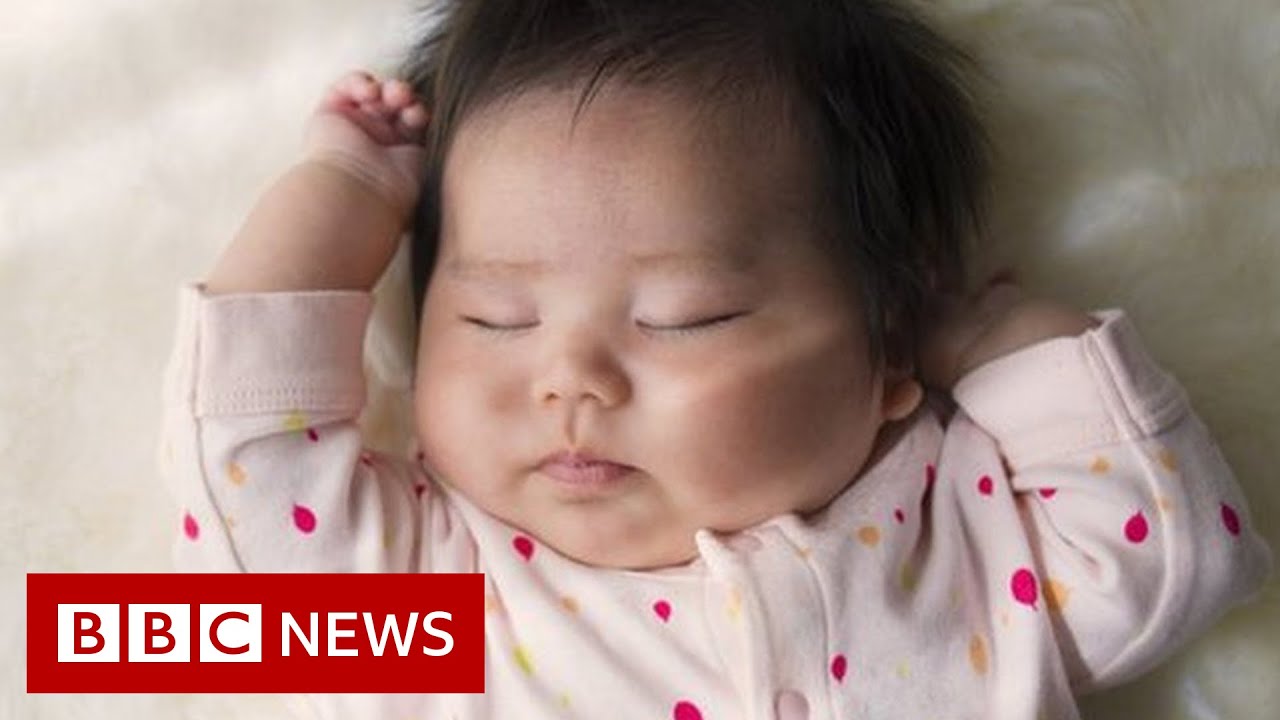Japan’s number of children has been reported to be at its lowest since 1950.
There are just 14.6 million children in the nation under the age of 14, according to figures from Japan’s internal affairs ministry.
Japan’s falling birth rate and high life expectancy is putting pressure on public spending and resulting in labour shortages.
The BBC’s population correspondent Stephanie Hegarty reports.
Please subscribe HERE http://bit.ly/1rbfUog
#Japan #BBCNews










No you cannot afford to raise children unless you want to live in poverty because of greedy politicians
SOY = LOW T = LOW SPERM = NO SEX DRIVE = NO KIDS
少子化は先進国全てで現れる現象。欧米は低所得、無教育の移民が産んでいるだけ
Now, the number of children in Japan is at its lowest since 1950. Figures released by the internal affairs ministry say there are just over 14.6 million children in the country under the age of 14.
Japan’s falling birth rate and high life expectancy are placing huge pressures on public spending and resulting in labour shortages.
Our global population correspondent, Stephanie Hegerty, has been looking into the story.
“This is part of a global trend that we’re seeing in all advanced economies and a lot of developing economies too, and it’s dating back to after the war. As more women enter the workforce, they decide to delay having children, and they have less children as a result because the window of opportunity for having children is shorter. But what we’re seeing in Japan is that this is accelerated. I mean, the Japanese government didn’t expect to be seeing these numbers until about 2028, so it’s accelerating quite rapidly, and that’s for various reasons.
“What happens globally is when we have shocks, especially financial shocks, that leads people to take a step back and decide maybe it’s not the time to have a child now. And we saw that in the 2008 crash, saw that in the late 90s in Asia, and we saw it during the pandemic. So these patterns are definitely accelerating. And what tends to happen, what happened after 2008, is people don’t—they don’t go backwards. You know, once society decides to have less children, they don’t tend to then go back to having more later.
“I mean, over the years, I sort of can’t forget images I’d seen of children sitting at their mother’s desks, under the desk in the workplace in Japan, because things like child care are not necessarily readily available. The whole structure and system of the workplace isn’t necessarily tailored for a woman to be able to have those support networks.
“I think there’s two dynamics that are playing out, not just in Japan, but in their neighbors China and South Korea, where you’ve got these very advanced economies with a lot of women in work. Japan’s got one of the highest ratios of women in the workplace—higher than the US, for example. But it’s also got really profound gender imbalances in domestic work.”
Despite Italy, Malta, and Spain having lower birth rates than Japan, Western media disproportionately focuses on Japan, distorting its reality. This is not merely bias; it reflects the influence of cultural stereotypes. Furthermore, in countries with higher birth rates, the contribution of immigration to the birth numbers is often overlooked. Such one-sided reporting obscures the truth and hinders international understanding.